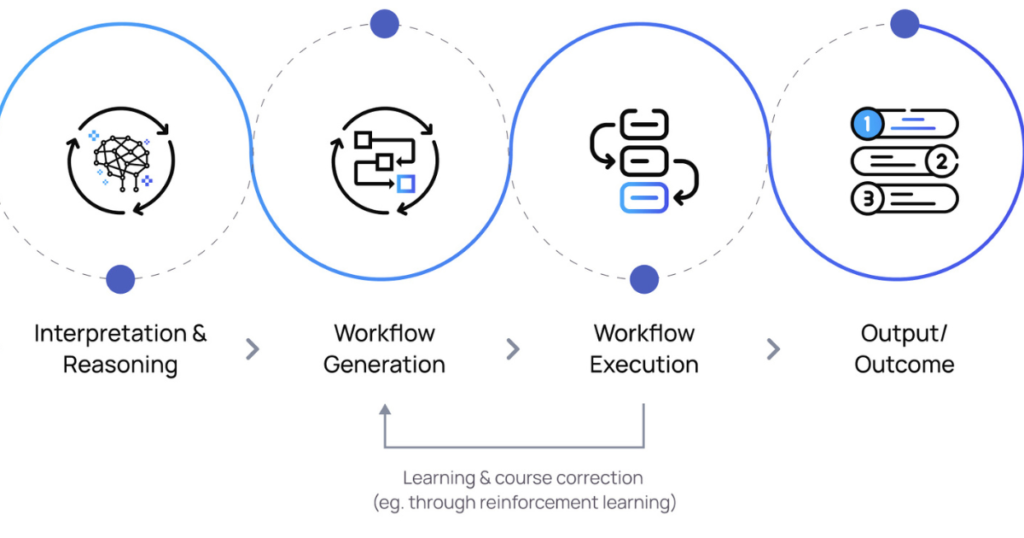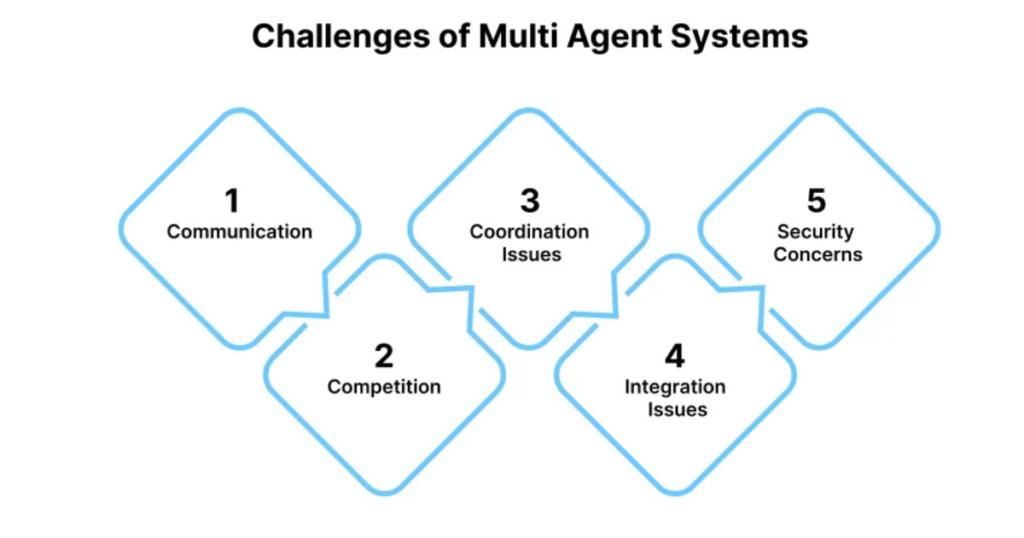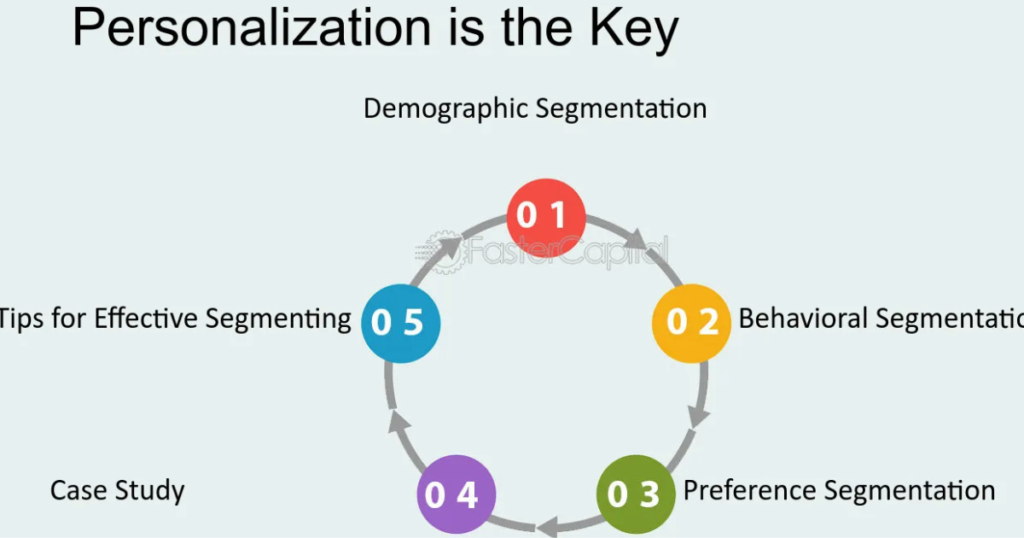
The development of agentic AI is the next significant advancement in smart technology. Agentic AI is able to think, plan, and act on its own, in contrast to standard AI, the next step in smart technology, which needs human aid for all tasks. Without continual guidance, it is capable of decision-making, task deconstruction, learning from errors, and situational adaptation. In sectors including customer service, education, healthcare, and transportation, AI of this type is being utilized to expedite and personalize procedures. Agentic AI will become more like a human’s companion as technology develops, helping to solve real-world problems in addition to obeying directions.
Redefining Intelligence: The Rise of AI Agents

College admissions are once again the subject of intense scrutiny this summer. In 2024, California sought a ban on legacy admissions, prestigious colleges reverted to their test-optional policy, and the FAFSA application created significant delays.
The Next Step in Smart Technology’s urge to succeed has remained constant despite these changes. Journalist Jennifer Wallace examines how students are pressured to create flawless academic profiles, sometimes losing their sense of themselves in the process, in her book Never Enough. Students spend years developing applications with parental and counselor assistance, which receive scant consideration. Even people who are accepted to prestigious universities may discover they are unaware of their true selves. Sincere curiosity and intellectual sincerity are more scarce and important than ever in the cutthroat world of today.
Inside the Architecture: How Agentic Systems Work

Agentic architecture refers to the structure that supports how AI agents operate within a system. These agents can act independently to complete tasks for users or other systems. The architecture helps organize how they plan, conduct, remember, and reflect, much like humans do when making decisions.
The Next Step in Smart Technology Powered by tools like large language models (LLMs), such as GPT, agentic AI systems utilize this setup to enable agents to solve complex problems independently. The design is flexible and adaptable, allowing agents to work together more efficiently and effectively in changing environments.
Smarter Together: Coordinated Multi-Agent Behavior

To handle complex issues, multi-agent systems (MAS) utilize a large number of intelligent AI agents. As a team, each agent collaborates and shares information while acting independently.
MAS distributes duties across agents, which increases its flexibility and improves its ability to manage dynamic scenarios, such as supply chains or traffic, in contrast to standard AI that operates alone.
The Next Step in Smart Technology Cities, defense, and healthcare are already benefiting from these systems. SmythOS and other tools facilitate the development and use of MAS, providing more intelligent answers to practical issues.
Designed to Fit: Personalization and Scalability

By leveraging data, it is possible to scale personalization such that each client, not just groups, gets a unique experience. Using a customer’s name is one of the numerous simple yet effective strategies that many companies still use. Even now, many companies still employ simple tactics like addressing customers by name. The Next Step in Smart Technology. It increases ROI, engagement, and income when done correctly. For instance, Netflix and Spotify recommend content according to user activity, while wearable technology provides personalized health recommendations.
Real-World Impact: Practical Uses Across Industries

AI is growing quickly and changing how many industries work. This paper explains how AI is used in areas like farming, education, healthcare, finance, transport, and more.
It looks at different AI tools like machine learning, robots, big data, and speech or image recognition, with real examples of how they are used. The paper also talks about the future of AI, its challenges, and the risks involved. Based on research from over 200 sources, it gives a clear and simple view of how AI is helping and what to watch out for.
How does agentic architecture support AI agents?
The components of agentic AI enable it to function as an autonomous agent. These components consist of
Planning (establishing objectives and actions),
Considering the future (predicting outcomes),
self-monitoring (assessing its own development), as well as
examining oneself (learning from its deeds).
These capabilities enable the AI to function independently; it can plan, establish objectives, monitor its progress, and make necessary adjustments to meet its target.
Additionally, agentic AI makes use of background technologies to:
Obtain the most recent data, enhance difficult jobs, and it will automatically generate additional stages to accomplish its objectives. The Next Step in Smart Technology Over time, it improves and learns your preferences to provide more individualized assistance. It is helpful for many real-world jobs since it can accomplish all of this without a human guiding it at every turn.
What are some real-world applications of agentic AI?
AI Helpers
Example: Auto-GPT, Devin
They follow your instructions and do tasks like planning or sending emails.
Robots in Factories
Example: Amazon robots
They move things, pack boxes, and work on their own.
Game Bots
Example: Minecraft, Dota 2 AI
They play games, learn, and make smart moves.
Chatbots for Help
They answer questions and solve problems like a support agent.
Science AI
They help do experiments and find new ideas faster.
Coding AI
Example: Devin
They can write and fix computer programs.
Trading Bots
They buy and sell stocks by watching the market.
Smart Home Helpers
Example: Alexa
They control lights, fans, and more in your house.
AI Tutors
They help students learn by giving the right lessons and feedback.
Conclusion: The Future of Intelligence is Agentic
Our understanding of intelligence is evolving due to agentic AI. The Next Step in Smart Technology. These AI systems can plan, act, and learn on their own—like humans—instead of only obeying orders. They employ strong instruments and function effectively even in novel or evolving circumstances.
Numerous industries, including banks, factories, hospitals, and schools, are already benefiting from agentic AI. As it develops, it will be able to provide people with more individualized and practical assistance.
However, we must also exercise caution when we utilize these smart technologies more frequently. It’s critical that AI foster human needs, curiosity, and genuine learning rather than just speed and output. Making life better, not simply more efficient, should be the aim.



